When we think of car filters, the air filter and oil filter often come to mind. However, vehicles are equipped with several other filters that are essential for optimal performance and longevity. Let’s explore some lesser-known car filters, their functions, and why they matter for your vehicle’s health.
1. Cabin Air Filters
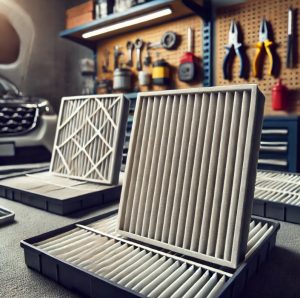
Cabin air filters are crucial for maintaining the quality of air inside your vehicle. They trap dust, pollen, and other airborne particles, ensuring a clean and comfortable environment for passengers. If left unchecked, a clogged cabin air filter can reduce airflow from the air conditioning and heating systems and even lead to unpleasant odors.
When to Replace: Most manufacturers recommend replacing the cabin air filter every 12,000 to 15,000 miles or once a year, but this can vary depending on your driving conditions.
2. Fuel Filters
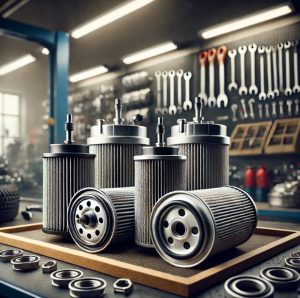
Fuel filters are designed to remove impurities and debris from the fuel before it reaches the engine. Clean fuel is critical for proper combustion and engine efficiency. A dirty or clogged fuel filter can lead to reduced fuel efficiency, engine misfires, or even complete engine failure.
When to Replace: Fuel filters typically need replacement every 20,000 to 40,000 miles, depending on the vehicle and type of fuel.
3. Transmission Filters
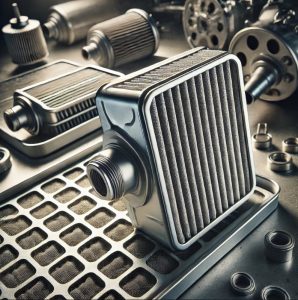
Transmission filters play a vital role in keeping the transmission fluid clean. They trap metal shavings, dirt, and other contaminants that can harm the transmission system. A clean transmission filter helps ensure smooth gear shifts and prolongs the life of the transmission.
When to Replace: These filters should be replaced during a transmission fluid change, which is usually recommended every 30,000 to 60,000 miles.
4. Diesel Particulate Filters (DPFs)
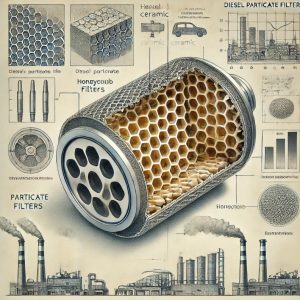
For diesel-powered vehicles, the diesel particulate filter (DPF) is a crucial component. It captures and stores soot produced by the engine to reduce emissions. Over time, the DPF needs to be cleaned or regenerated to maintain its efficiency.
When to Replace or Clean: Some DPFs are self-cleaning through a process called regeneration, but others may need manual cleaning or replacement after significant use.
5. Charcoal Canister Filters
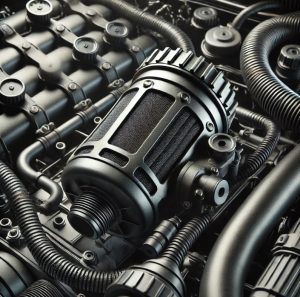
Charcoal canister filters are part of the vehicle’s evaporative emissions system (EVAP). They trap fuel vapors from the gas tank and prevent them from escaping into the atmosphere, reducing harmful emissions.
When to Replace: These filters are generally maintenance-free but may need inspection or replacement if an EVAP system issue arises.
6. Hydraulic Filters
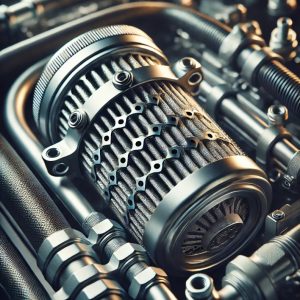
Found in vehicles with hydraulic systems, such as those with power steering, hydraulic filters help maintain the cleanliness of hydraulic fluid. Contaminants in the fluid can lead to system malfunctions and reduce the lifespan of components.
When to Replace: Replace the hydraulic filter during routine fluid changes, typically every 30,000 to 50,000 miles.
Why Proper Filter Maintenance Matters
Neglecting these lesser-known filters can lead to reduced vehicle performance, costly repairs, and environmental harm. Regular inspections and timely replacements are vital to ensuring your car runs efficiently and safely.
Final Thoughts
While air and oil filters often steal the spotlight, the other filters in your vehicle are just as important. Familiarize yourself with your car’s specific filter needs by consulting the owner’s manual and ensure you follow recommended maintenance schedules. By doing so, you’ll enjoy a smoother, cleaner, and more reliable driving experience.